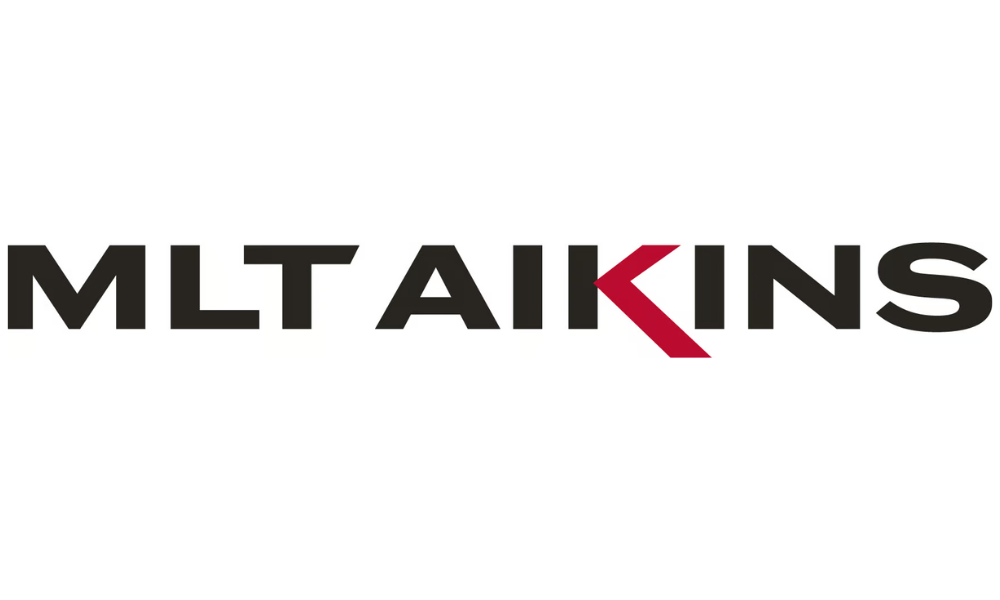A recent survey conducted by the Global Equity Organization (GEO) has revealed that nearly two-thirds (60 percent) of companies worldwide are incorporating Environmental, Social, and Governance (ESG) targets into their share-based employee compensation schemes.
The findings from the Global Equity Insights Survey (GEIS) indicate a significant shift in how companies structure their incentive plans. Eighty-four percent of responding firms apply these ESG criteria to their management boards, steering their strategic directions toward sustainable and responsible business practices.
Short Term Incentive Plans (STIs) and Long Term Incentive Plans (LTIs) are increasingly used as ESG integration vehicles. According to the survey, 40 percent of companies embed ESG targets within STIs, while 30 percent apply them to LTIs, highlighting the growing emphasis on sustainability and governance across different employee levels and timeframes.
Sheila Frierson, president of Plan Managers NA at Computershare and one of the report’s sponsors, said, “More and more companies worldwide are working hard to figure out how they can best embed ESG principles into employee compensation, including employee equity plans.” Frierson also highlighted the influence of regulatory and voluntary guidelines, such as the EU’s Sustainable Finance Disclosure Regulation (SFDR) and Australia’s principles for responsible investment, on these initiatives.
The survey also uncovered a disparity in the application of ESG targets based on company performance, with low-performing companies more likely to apply these criteria exclusively to LTIs than their high-performing counterparts.
Key areas of focus for ESG targets among surveyed companies include:
- Environmental Targets: 84 percent of respondents have implemented measures to reduce CO2 emissions.
- Social Targets: Emphasis on diversity has grown, with 40 percent of companies applying targets to enhance employee diversity.
- Governance Targets: Corporate governance, including ESG issues, is a priority for 39 percent of companies, focusing on North America (67 percent).
The influence of institutional investors and proxy advisors on ESG target setting is significant, with over half of the companies acknowledging their medium-to-high impact. This influence is particularly pronounced in Europe, where 43 percent of firms reported a “high” impact. Despite these advancements, the survey revealed that 32 percent of companies still do not report on ESG topics concerning LTIs, indicating room for improvement in transparency and accountability.
The GEIS survey, supported by industry leaders including Fidelity, hkp/// group, SAP, Siemens Energy, University of Göttingen, and Vialto, involved 184 companies from North America, Europe, and other regions. The survey shows the evolving landscape of employee compensation as businesses increasingly seek to align their financial incentives with sustainable and ethical objectives.
The GEIS survey, conducted between November 2022 and February 2023, included participants from the technology, consumer discretionary, and industrial sectors, with 95 percent of companies boasting a market capitalization of over $1 billion.





